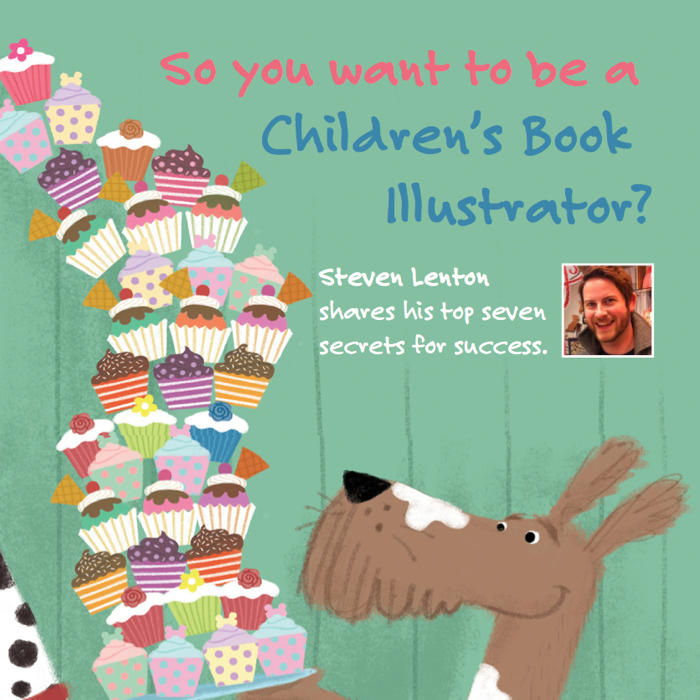10 Tips for Giving a Talk in Public
Most of us have to do some public speaking at some point in our careers – whether as publishers or authors. Suzanne Collier offers her top tips.

I’m required to do public speaking all the time, to audiences ranging from 30 to 200 and I do other coaching (presentations, interviews). Here are some of my golden rules:
1. RELAX. 99% of the time the audience is on your side, they want to hear what you are going to say.
2. SMILE. This relaxes you. My first card of prompt notes for any presentation always has a smiley face on, with the word ‘smile’. Usually as soon as I see this card I smile. This helps relax you and the audience – as they see you smiling. If you are in a situation where it is inappropriate to do, such as relaying bad news, then take a deep breath in and breath out, holding your posture upright. This breath should also have a calming effect.
3. PREPARE. Know what it is you are going to say. It is recommended not to cover more than three points in a talk, but you can do more than this if you can engage the audience, rehearse your talk many times, record and playback your speech. Listen to the points where your voice sounds uncertain or your voice dips and give some extra rehearsal time to those places. If you are getting bored during playback, so is your audience.
4. INVOLVE. Aim to involve the audience in your talk. Make statements that they can agree with or ask questions of them from time to time and wait for responses. Look around the room and watch them nodding in agreement or listen briefly to what the response is before you continue. Try to be inclusive as possible.
5. SPEAK SLOWLY. When speaking in public you need to speak slightly slower than normal speech. Don’t rush your talk. Pause from time to time. When you playback see how many times you say ‘ermm ermmm ermmm uhhhh’. Silence is much better than saying this. Don’t be afraid of silence. Silence is golden.
6. NOTES. Never read directly from notes but use cards as a prompt if your mind goes blank. This is why you need to rehearse. Practice makes perfect.
7. BREATHE. Remember to breathe. This will help calm you if you feel nervous. Keep your smiley/breathe card in vision. This will remind you to smile and relax.
8. POWERPOINT. If you are using PowerPoint don’t make your slides full of text, have some visuals that you have to explain. Also if you are going to make the slides available to everyone, say this right at the beginning and then people can sit and listen instead of taking copious notes. Always have a back up plan in case the power fails and you are talking without slides.
9. EYE CONTACT. If you are uncomfortable making eye contact, then look at people’s ears. Move your gaze around the room, address the right, the left, the centre, the front and the back; make everyone in the audience feel you are talking to them, and not just the back of the room.
10. YOU. Use the word ‘you’ instead of the word ‘I’; make the audience feel engaged.
Finally, ENJOY IT! Giving a talk in public is not like reading out your story in front of the class: in the majority of cases the audience has chosen to hear you speak. After your first public speaking experience you’ll wonder what all the fear was about.
Good luck!
This article first appeared in Publishing Talk Magazine issue 1 – also available as a Kindle edition.


